WORKING WITH...
THE LEADING ASHP
MANUFACTURERS FOR
OVER 15 YEARS
MANUFACTURERS
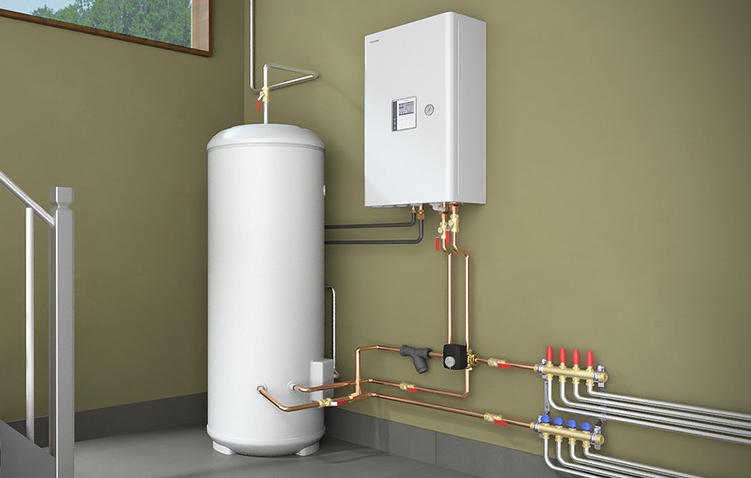
Over its 40-year history, Toshiba have continually invested, designed and developed their heat pumps, to bring you cost-effective and efficient climate control for residential, light commercial and commercial use.
When you chose a Toshiba system you are choosing the latest technology in air conditioning units.Toshiba are the innovators and creators of inverter technology, a technology that has seen the most significant development in heat pump efficiency. Toshiba today continues to maintain this technological advantage over its competitors.
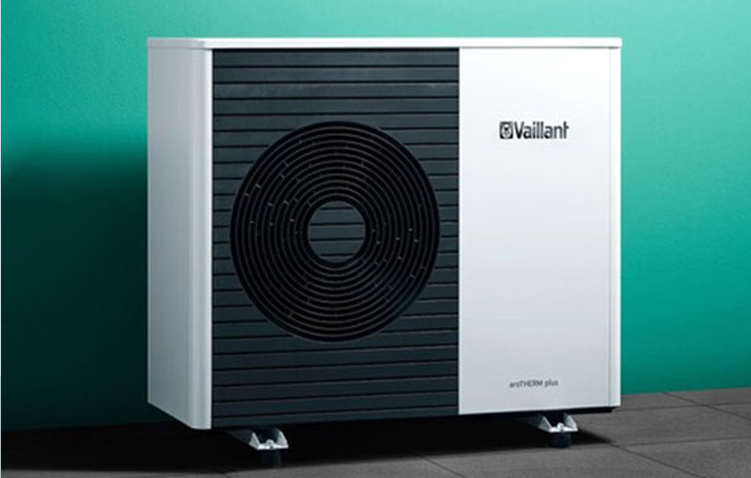

At Vaillant, we are proud to manufacture a range of high-quality air source heat pumps for every home.
Vaillant offer the following ASHP solutions:
• The aroTHERM plus air-to-water heat pump
• The aroTHERM Split air source heat pump
• The aroTHERM air-to-water heat pump
• The aroTHERM hybrid heat pump system
• flexoTHERM air source heat pump
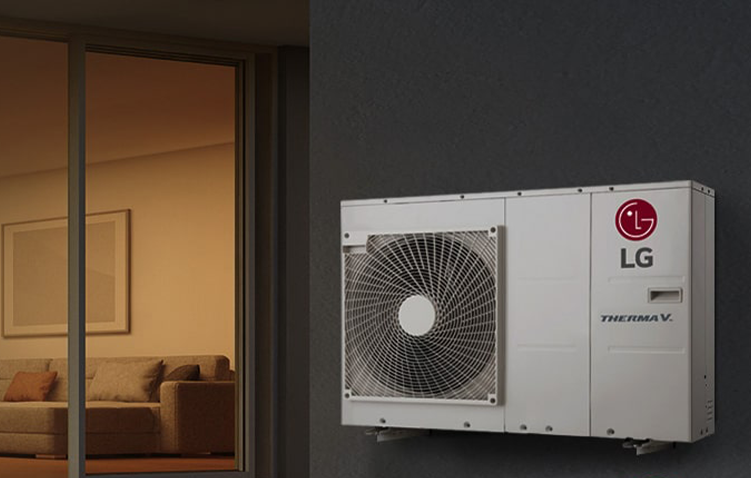

The new THERMA V R32 Hydrosplit is a safe heating solution for your home. It is connected just with a water pipe, so you don’t have to worry about the risk of refrigerant flowing into the living space. Without the need for a refrigerant pipe, installation becomes much easier and saves a lot of space.
Using outside air and electricity as heat source, heating and hot water is delivered through the water pipe. It’s safe, saves extra space, and is easy to install.


Viessmann's extensive product range offers the right heat pump to suit every demand. Even at the design stage, structural and geological conditions, as well as personal and individual preferences concerning the heat demand can be taken into account.
Viessmann heat pumps can be operated together with solar thermal systems and even combined with an oil or gas heating system to form a multi mode system.
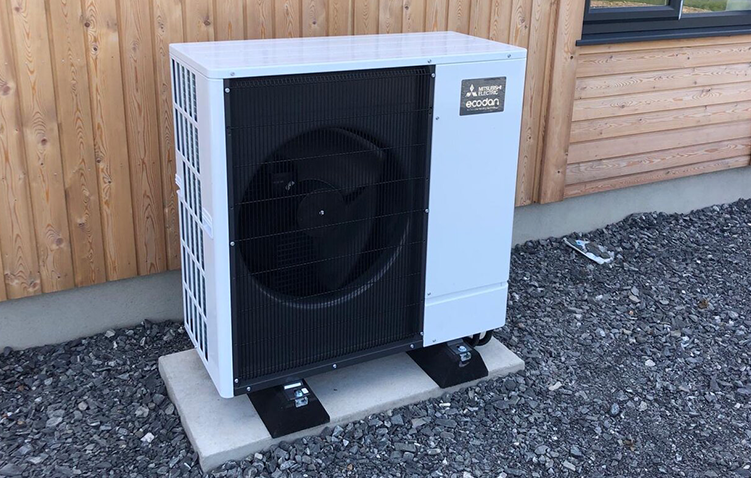

At Mitsubishi Electric, we are experts in residential heating and have a range of renewable heating products available.
Our Ecodan range of air source heat pumps deliver efficient, renewable heating to homes. A perfect option for homeowners looking to upgrade to a more energy efficient home heating system; or a housing developer looking for quality heat pumps and accompanying products for their housing development project.
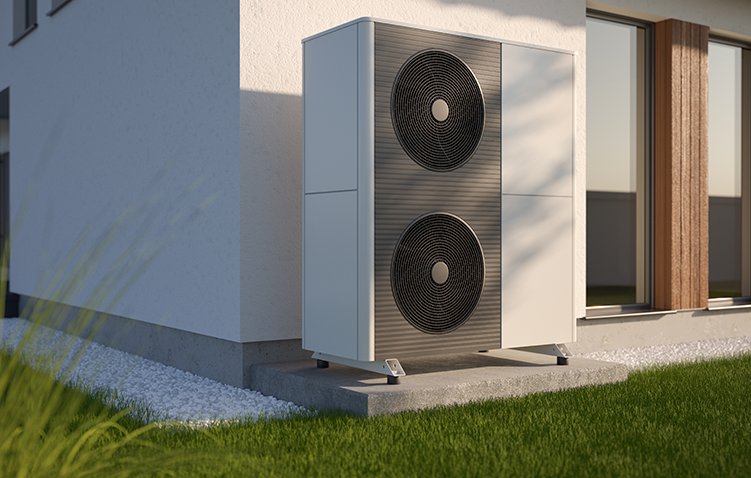

There are a few different types of heat pump. But they all have one thing in common: they’re powered mainly by renewable energy, making them one of the most economical and eco-friendly heating solutions available today.
Daikin design some of the world’s most eco-friendly, powerful air-to-air heat pumps - including air-to-water and air-to-air heat pumps – for minimum disruption to your everyday, and maximum benefit for your family.
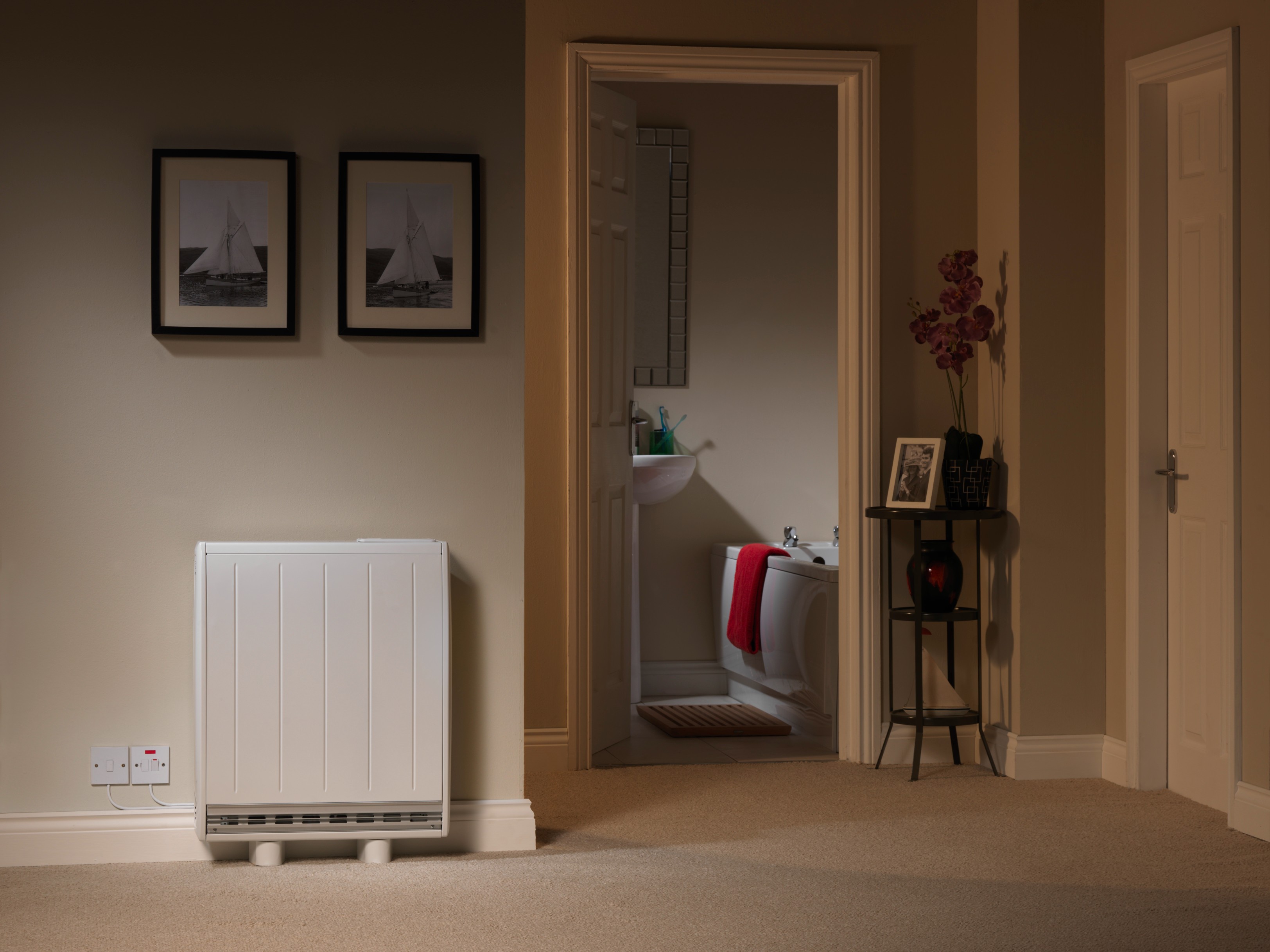

We’ve been the trusted name in electric heating for over 70 years, and today we’re the market leader in the creation of stylish, energy efficient heating and air treatment products. Our portfolio includes over 700 quality products, including our iconic electric flame products, a whole host of portable heaters, as well as a diverse range of effective air treatment appliances, from cooling fans to dehumidifiers.







BENEFITS OF AN ASHP

SAVE
MONEY

EFFICIENT
HEATING

SMART
HOME

RENEWABLE
ENERGY
Low Carbon, air source heat pumps are up to 4 times more efficient than a standard gas boiler whilst still providing
adequate heating and hot water for your home whilst saving you up to 50% on your fuel bills.
Smart controls provide constant warmth throughout the day and allow the user to tailor your homes heating
specifically to your requirements.
FAQs

No. The sound pressure figures lie between the noise level of a domestic fridge and normal human conversation. Apart from the intrinsic quietness of the compressor and the fan in the heat pump, it is installed on two large sound-absorbing rubber feet that minimise any vibration. Usual installation positions produce no sound that can be heard within the property.
No, they are considered a ‘permitted development’ although a listed building or conservation area setting may need additional local council approval.
50 degrees. Often too hot to hold your hand under. More than enough for a full hot bath or shower.
Cost – Whilst the more affordable heat pump option, air source heat pumps are not yet produced on the same scale as gas or oil boilers, so they are more expensive to purchase.
Planning Permission – In some cases you may be required to apply for planning permission. This usually applies for listed buildings in AONB or National Parks.
Space – If you have a relatively small outdoor area, an air source heat pump could take up a proportion of this – it also needs to be installed at least 2 metres away from your neighbour’s boundary
Yes. Using a Solar PV array is a very effective way to support your heat pumps electricity usage. We can also direct excess Solar PV straight into your immersion heater radically reducing your hot water bills.
Absolutely! A heat pump can provide you with all of your central heating and hot water needs. There are two circuits which are separated – a closed circuit for radiators/underfloor and a second circuit for hot water which is stored in a cylinder. This is usually unvented.
Yes, they can, providing that the insulation is being improved within the property, ideally as close to current build regulations as possible. This enables the air source heat pump to work more efficiently and will help keep your running costs low.
The Microgeneration Certification Scheme or MCS is often described as the renewables equivalent of Gas Safe. You will need your heat pump system to be MCS compliant if you wish to benefit from any government grant, like the Boiler Upgrade Scheme that is administered by OFGEM.
We would recommend positioning an air source heat pump in a location that minimises the pipe and cable runs from the heat pump into the property. You will also need to be mindful of its proximity to bedroom windows, the requirements of permitted development/planning permission, and sound assessment results. We take care of all of this as part of our air source heat pump design.
An air source heat pump is a low-carbon technology that extracts heat energy from the air, even when it is cold outside, and uses it to warm your home
Yes, air source heat pumps are an energy efficient heat source when designed to full MCS Standards.
Air source heat pumps perform exceptionally well, able to work at over 400% efficiency. Because they use a renewable, natural source of heat, they produce far fewer CO2 emissions than fossil fuel heaters. They also have comparatively low running costs.
Yes! Anyone replacing their gas or oil boiler with a low carbon heating system (such as heat pumps) can apply for a £5,000 grant from the government.
Compared to boilers, air source heat pumps are very safe. The refrigerant is completely sealed and kept outside the home, and there is no risk of carbon monoxide leaks. The worst you can expect is a breakdown or water leak.
Our air source heat pumps can work productively in temperatures as low as -25.




